1. Pets Are Family vs. Pets Are Just Pets

For Millennials, pets are more than just animals—they’re their fur babies, complete with birthday parties, Instagram accounts, and specialized diets. Many Millennials consider their pets to be just as important as human family members, sometimes even referring to them as their “first kids.” They prioritize emotional bonds, spend more on pet accessories, and even take their pets on vacations. Boomers, on the other hand, tend to see pets as valued companions but not necessarily full-fledged family members. They love their animals but are less likely to spend extra money on luxury pet products or treat them like little humans.
This fundamental difference leads to disagreements about how much time, effort, and money should go into pet care. Millennials believe in giving their pets a lifestyle filled with enrichment, comfort, and constant attention, while Boomers are more likely to view pets as independent creatures that don’t need pampering. Boomers might scoff at the idea of doggy daycare or gourmet pet food, seeing them as unnecessary expenses. Meanwhile, Millennials see these services as essential to providing their pets with the best life possible.
2. Training Styles: Positive Reinforcement vs. Old-School Discipline

Millennials are all about positive reinforcement when it comes to training their pets. They believe in using treats, clickers, and verbal praise to encourage good behavior rather than punishment or scolding. To them, yelling at a pet or using physical discipline is outdated and even cruel. Instead, they focus on reward-based training methods, believing that building trust and understanding leads to better long-term behavior. Many Millennials have even turned to professional trainers, online courses, or pet behaviorists to ensure their animals are well-behaved.
Boomers, on the other hand, were raised in a time when training was more about discipline and control. They believe in firm boundaries and often rely on traditional training methods, including verbal reprimands and, in some cases, mild physical corrections. Many Boomers argue that pets need to “know who’s boss” and think Millennials coddle their animals too much. Millennials, in turn, believe that their approach fosters a healthier, happier pet and prevents behavioral issues. This difference in philosophy often leads to disagreements when the two generations share pet advice.
3. The Great Debate on Pet Diets
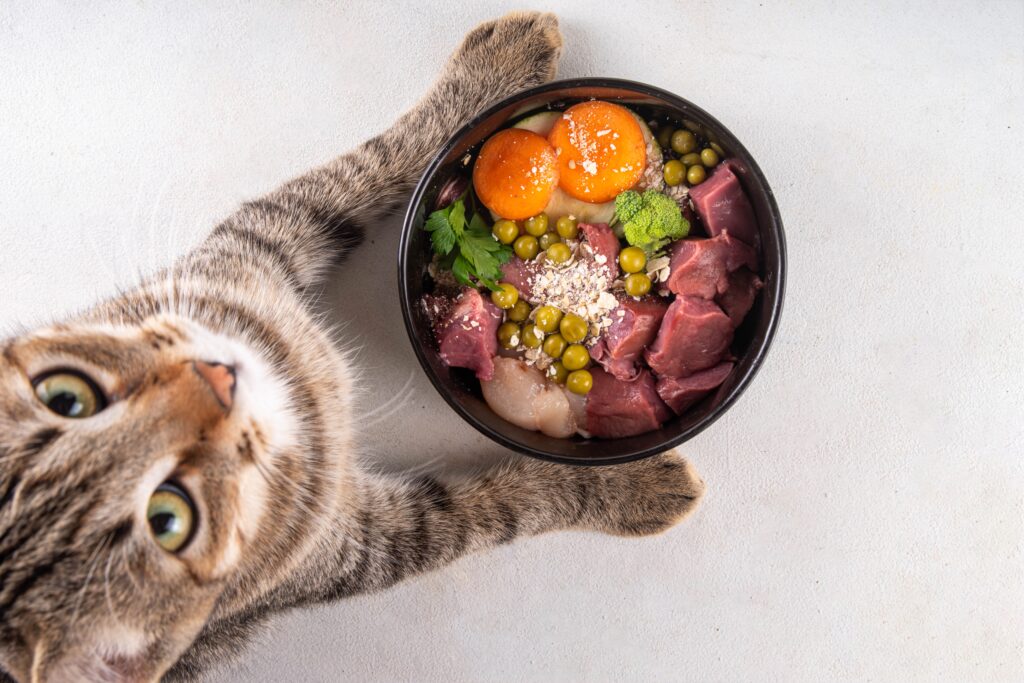
For Millennials, pet nutrition is a serious topic. They scrutinize ingredient labels, opt for grain-free, organic, or raw diets, and sometimes even prepare home-cooked meals for their pets. Many Millennials believe that commercial pet foods, especially lower-end brands, are filled with harmful fillers and preservatives that can negatively impact their pet’s health. They are more likely to research holistic and specialized diets, ensuring that their furry friends are eating just as well as they are. This generation is also more likely to switch their pets to alternative protein sources, like plant-based or insect-based diets, due to environmental concerns.
Boomers, however, typically stick to the classic approach: buy a big bag of dry kibble and call it a day. They see no issue with feeding their pets affordable, widely available commercial brands, many of which they’ve used for decades. In their eyes, if it was good enough for their childhood pets, it’s good enough now. Boomers may find the newer, pricier pet food trends excessive and unnecessary, arguing that animals don’t need gourmet meals to thrive. The idea of cooking for a pet or paying double for premium food seems impractical to them. Meanwhile, Millennials are willing to spend extra to ensure their pets have a diet they believe is healthier and more ethical.
4. Vet Visits: Annual Checkups vs. Frequent Wellness Appointments

Boomers believe in taking their pets to the vet when something is wrong, but Millennials take a more preventative approach. To Millennials, routine checkups, dental cleanings, and even pet wellness plans are a crucial part of responsible pet ownership. They want to catch potential health issues early and are more likely to pay for additional screenings, genetic testing, or alternative therapies like acupuncture and hydrotherapy. Many Millennials also invest in pet insurance, ensuring they can afford high-quality care without worrying about financial strain.
Boomers, on the other hand, often take a more laid-back approach to vet care. They may only schedule an appointment when their pet is visibly sick or injured rather than going in for routine exams. To them, many modern veterinary services seem excessive, and they trust that their pets will be fine without constant monitoring. Some Boomers also balk at the rising costs of vet care and question whether all the extra tests and procedures are truly necessary. Millennials argue that proactive care leads to longer, healthier lives, while Boomers believe that overmedicalizing pets is just another way for the pet industry to make money.
5. Grooming: Spa Days vs. the Backyard Hose
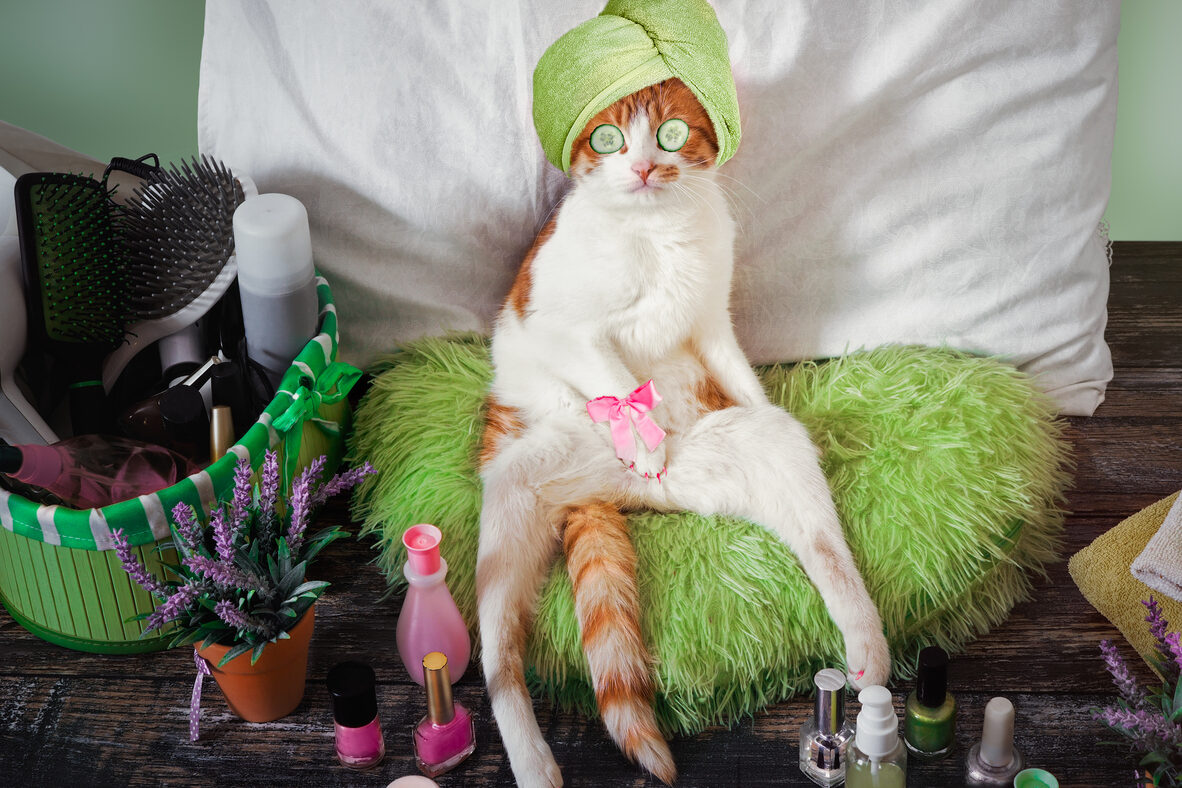
For Millennials, pet grooming is an experience that goes beyond basic hygiene—it’s a form of pampering and self-care for their animals. Many Millennials take their pets to professional groomers regularly, paying for breed-specific trims, paw treatments, and even blueberry facials. Some even opt for pet-safe hair dyes and accessories to give their furry companions a little extra flair. Regular grooming appointments are seen as essential for maintaining a pet’s overall well-being, preventing matting, skin issues, and discomfort.
Boomers, however, tend to take a much simpler approach. Many grew up washing their dogs in the backyard with a hose and a bottle of whatever shampoo was lying around. They don’t see the need for fancy grooming services and are more likely to handle pet maintenance themselves. For short-haired breeds, Boomers may skip professional grooming altogether, only giving their pets a bath when absolutely necessary. While Millennials see grooming as part of responsible pet care, Boomers think it’s just another unnecessary expense.
6. Pet Insurance: Essential Safety Net vs. Unnecessary Expense

Millennials are far more likely to invest in pet insurance, seeing it as an essential safety net for unexpected medical expenses. With rising veterinary costs, they view insurance as a way to ensure their pets get the best care without financial strain. Many Millennials have experienced the heartbreak of losing a pet due to expensive medical treatments, so they’d rather pay monthly premiums than face a massive vet bill down the road. Some policies even cover wellness visits, alternative therapies, and emergency surgeries, making it a no-brainer for many younger pet owners.
Boomers, however, often see pet insurance as an unnecessary expense. They grew up in a time when vet bills were much lower, and they’ve often relied on savings rather than insurance to cover any unexpected costs. Many Boomers believe that setting aside money for emergencies is a better financial strategy than paying monthly premiums. They might argue that, in most cases, pets don’t require expensive treatments unless they’re very old or seriously ill. While Millennials prioritize preparedness, Boomers see pet insurance as another modern trend they don’t need.
7. Adoption vs. Buying from Breeders
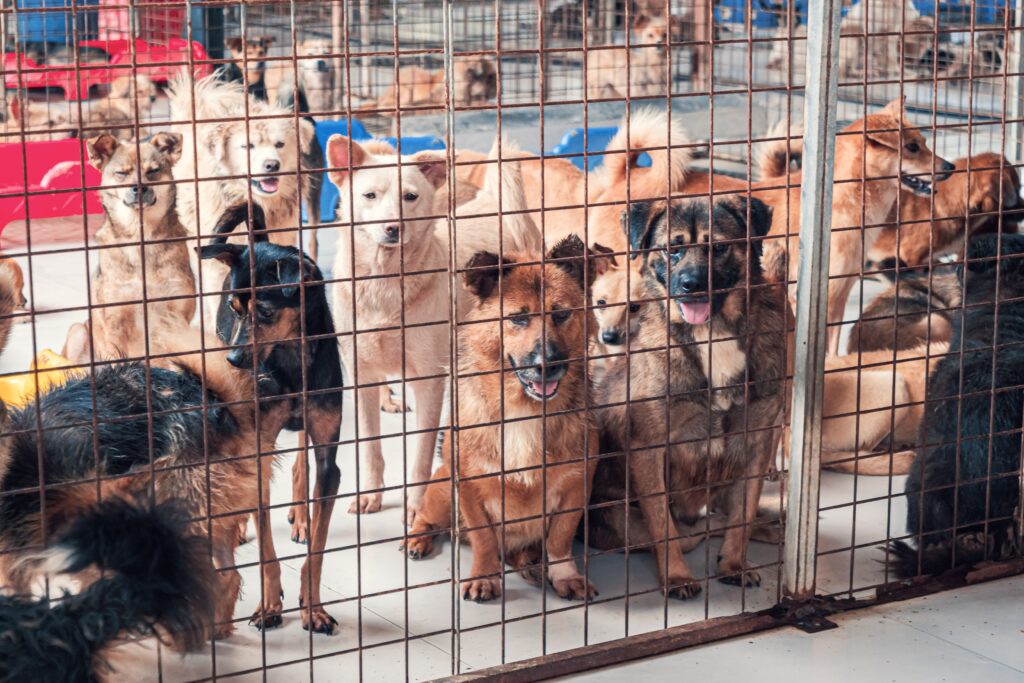
Millennials are strong advocates for pet adoption, believing in the “adopt, don’t shop” philosophy. They see shelters and rescue organizations as the best places to find pets and feel passionate about giving abandoned animals a second chance. Many Millennials actively avoid breeders and pet stores, feeling that purchasing a pet contributes to overpopulation and unethical breeding practices. They are also more likely to adopt older or special-needs pets, believing that every animal deserves a loving home.
Boomers, on the other hand, are more likely to prefer purebred pets from reputable breeders. Many grew up with specific dog breeds and enjoy knowing exactly what they’re getting in terms of temperament and health. They trust the reliability of breeders, believing that responsible ones ensure the best genetics and care for their animals. Boomers might not feel the same urgency about rescuing pets, as they may not see pet overpopulation as a personal responsibility. While Millennials are willing to adjust their lives to fit a rescued pet, Boomers prefer a pet that fits their lifestyle from day one.
8. Pet Socialization: Essential for Mental Health vs. Unnecessary Risk

Millennials place a high value on socializing their pets, often taking them to dog parks, pet-friendly cafes, and even pet playdates. They believe in exposing their pets to new experiences, people, and other animals to help them develop confidence and good behavior. Many Millennials see socialization as key to preventing anxiety, aggression, and boredom. They also appreciate the bonding time that comes from participating in pet-friendly community events.
Boomers, however, are often more cautious about socialization. They may worry about their pet getting hurt, catching an illness, or getting into conflicts with other animals. Many Boomers prefer to keep their pets at home or in controlled environments, seeing social outings as unnecessary risks. They might argue that dogs don’t need to make friends and that pets are happiest when they stay in familiar surroundings. While Millennials embrace the idea of pets having active social lives, Boomers prioritize safety and routine.
9. Travel: Pets Come Along vs. Pets Stay Home

Millennials love to bring their pets everywhere, from road trips to flights across the country. With the rise of pet-friendly hotels, restaurants, and even airlines, they see no reason to leave their furry friends behind. Many Millennials plan vacations around their pets, ensuring that they can participate in adventures rather than being left at home. They’re also more likely to invest in travel accessories like pet carriers, calming supplements, and even pet passports for international trips.
Boomers, on the other hand, are more likely to leave their pets with a trusted friend, family member, or boarding facility. They see travel as a time for humans to relax, not a situation that needs to accommodate pets. Boomers might argue that pets are more comfortable staying in familiar surroundings rather than experiencing the stress of travel. They also remember a time when taking a pet on a plane or to a hotel was nearly impossible, so the idea of pet-friendly travel still feels foreign to them. Millennials, however, see their pets as part of the family and can’t imagine leaving them behind.
10. Pet Fashion: Cute & Fun vs. Completely Unnecessary
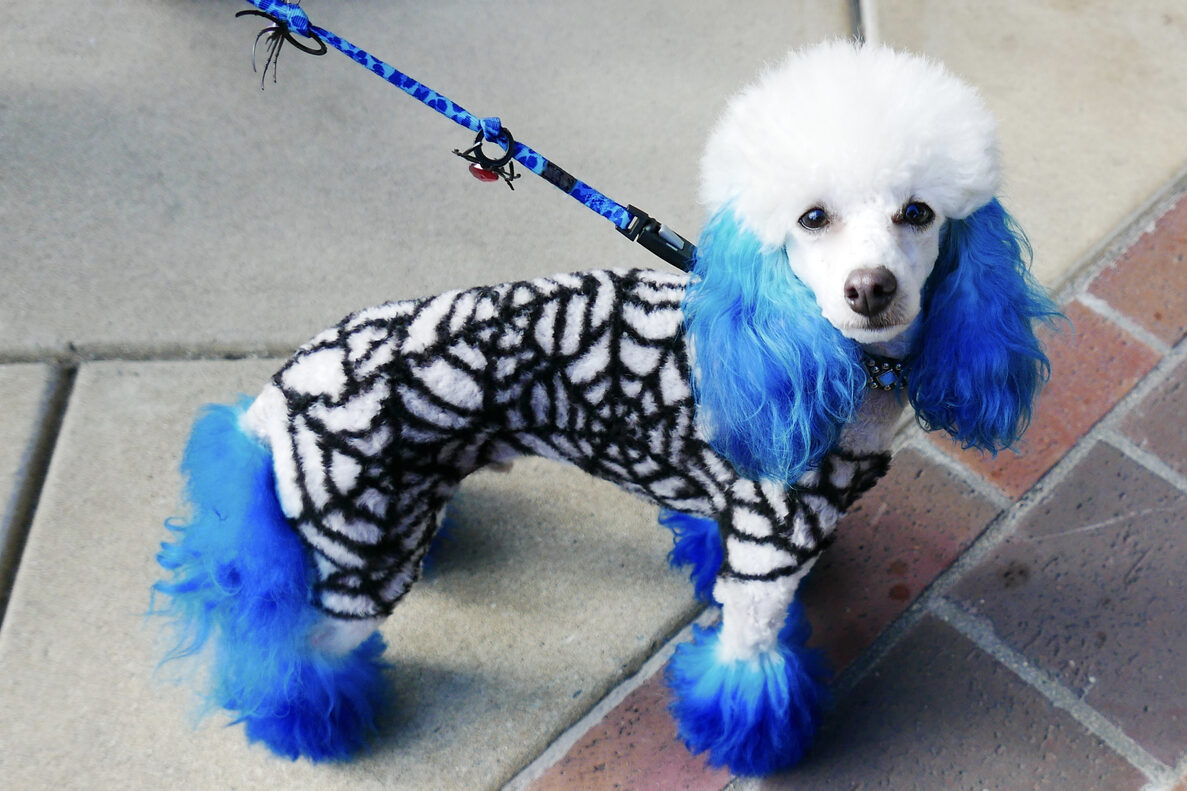
Millennials love dressing up their pets, whether it’s for practical reasons like cold weather or just for fun. They enjoy buying stylish outfits, Halloween costumes, and even accessories like bow ties and bandanas. Many see pet fashion as a way to express their pet’s personality and make them stand out. With the rise of social media, Millennials also enjoy posting cute photos of their pets in outfits, turning them into little fashion icons. Some even go as far as investing in custom-made clothing or matching outfits for themselves and their pets.
Boomers, however, find the idea of dressing up pets completely unnecessary. To them, animals have fur for a reason and don’t need extra layers unless they’re extremely cold. They may even see pet clothing as uncomfortable or restrictive, believing that pets would be happier without it. While Millennials see pet fashion as harmless fun, Boomers often see it as indulgent or even a little silly. They prefer a more natural approach, letting pets be pets without added frills.
11. Pet Tech: GPS, Smart Feeders, and Cameras vs. The Good Old Days
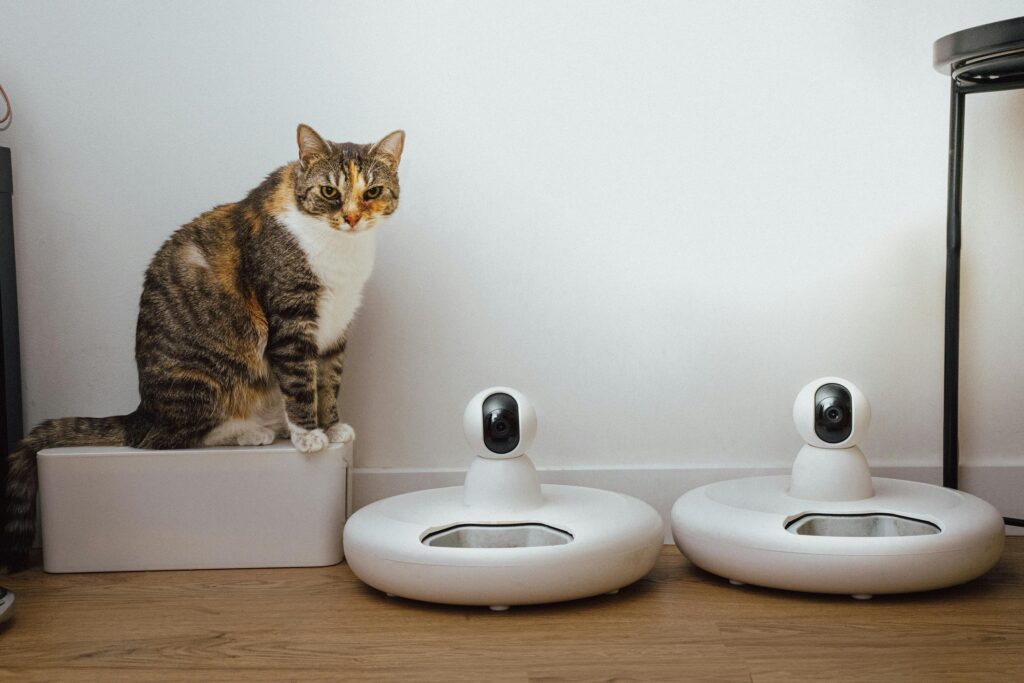
Millennials have embraced pet technology, using GPS trackers, smart feeders, and pet cameras to stay connected to their furry friends. They love the convenience of being able to check in on their pets while at work or track their activity levels. Some Millennials even use apps to schedule pet sitters, track vet appointments, or analyze their pet’s health data. Technology allows them to provide the best care possible while fitting pet ownership into their busy lives.
Boomers, on the other hand, often see pet technology as unnecessary and overcomplicated. They believe that a good old-fashioned leash, food bowl, and vet checkup are all that’s needed. Many Boomers prefer to rely on their own instincts and experience rather than gadgets. They might even see tech-heavy pet care as a sign that people are too disconnected from their pets. While Millennials embrace innovation, Boomers value simplicity and tradition.
12. End-of-Life Care: Hospice and Euthanasia vs. Natural Passing
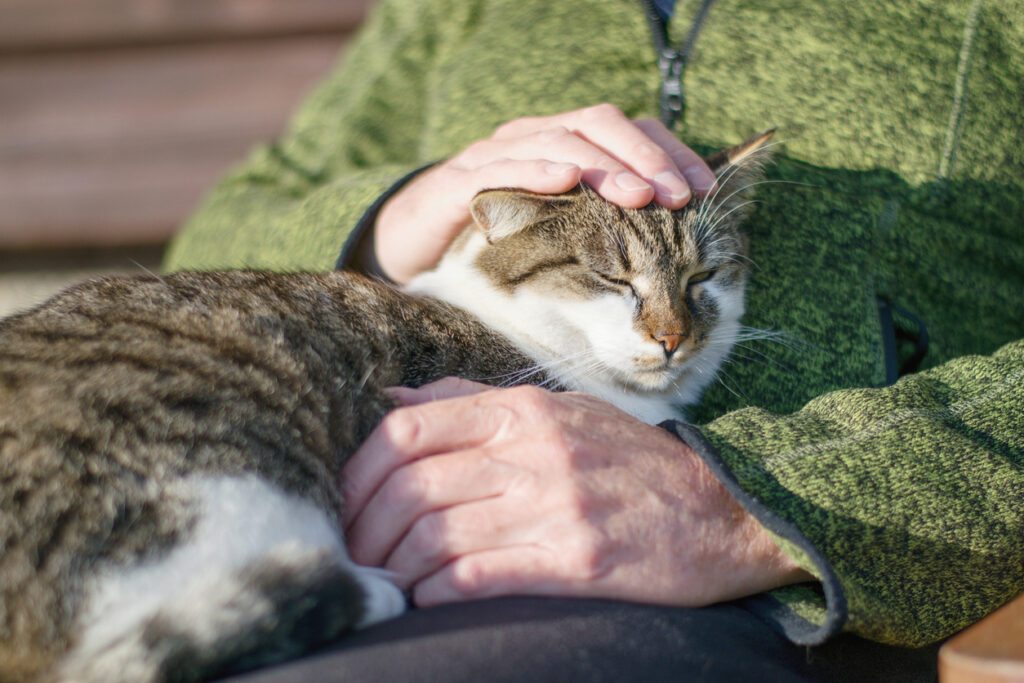
Millennials are more likely to explore end-of-life care options like pet hospice and in-home euthanasia. They want to ensure that their pets pass peacefully, surrounded by loved ones and in a stress-free environment. Many Millennials also consider cremation, paw print memorials, and even grief counseling to cope with losing a pet. They see euthanasia as a compassionate choice to prevent suffering rather than letting an animal decline naturally. The emotional bond Millennials have with their pets makes them want to be as present and gentle as possible during this difficult time.
Boomers, however, often have a more traditional view of pet death. Some believe in letting nature take its course, avoiding euthanasia unless absolutely necessary. They may not see the need for hospice care, memorials, or extended grieving processes. Many Boomers have had multiple pets over the years and may have a more pragmatic view of loss. While Millennials seek comfort in rituals and support, Boomers often prefer to quietly move on.
13. The Generational Divide Will Keep Growing

At the heart of it all, the difference between Boomers and Millennials comes down to how they view pets. Millennials see them as emotional companions who deserve the same love, care, and lifestyle as humans. Boomers, on the other hand, treat them with love and respect but maintain a more traditional, practical approach. As pet care continues to evolve, the gap between generations will likely grow even wider. New advancements in pet health, nutrition, and lifestyle will shape how Millennials (and Gen Z) care for their animals in the future.
Boomers may never fully understand why Millennials spend so much time and money on their pets, and Millennials may never understand why Boomers are so old-school. But at the end of the day, both generations love their animals in their own way. And maybe that’s all that really matters.


